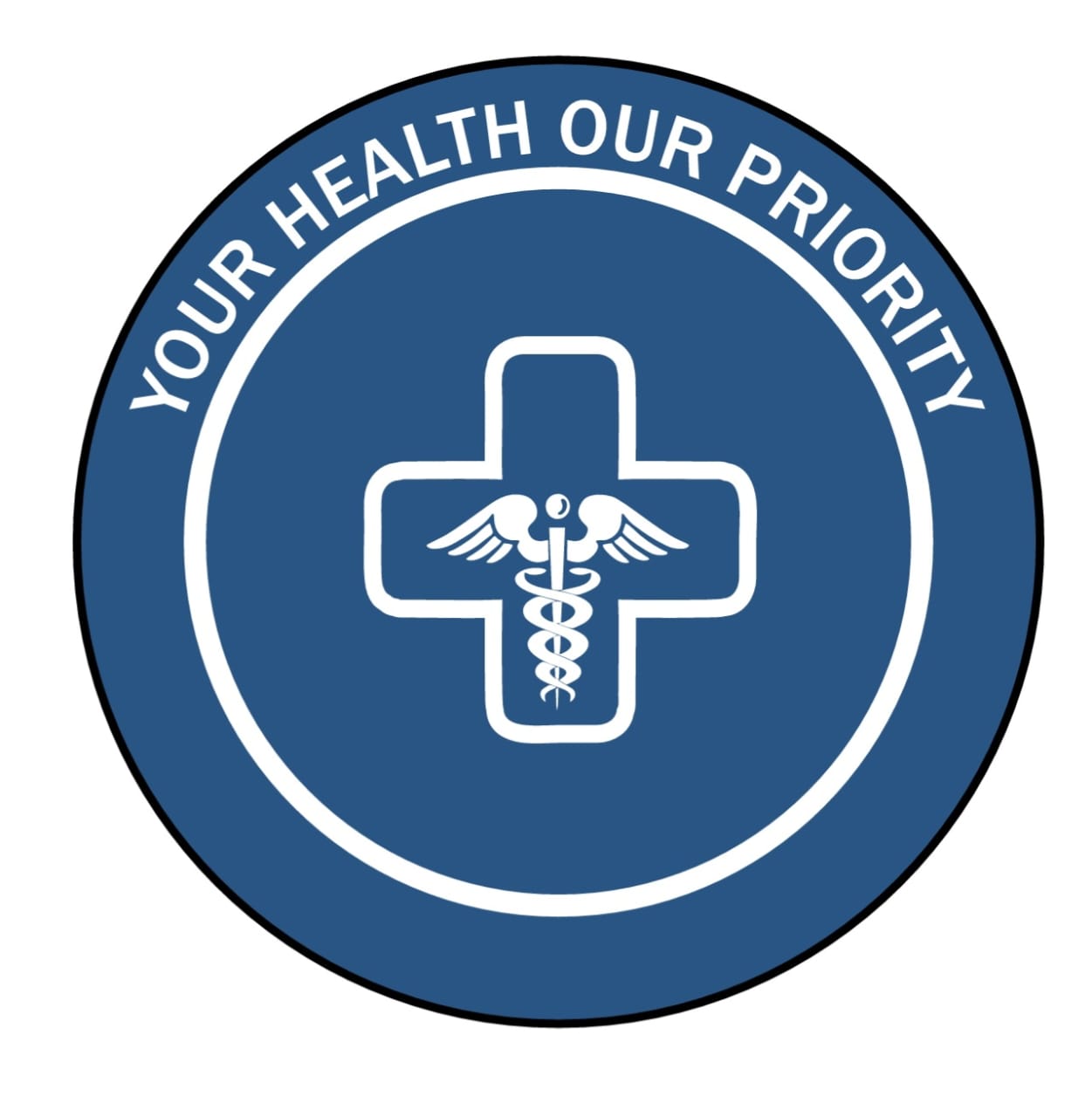Introduction to CRP tests and their importance in monitoring health
CRP stands for C-reactive protein, a substance made by your liver. It’s essential in detecting inflammation in the body. Understanding blood report CRP results is crucial because it provides insights into your overall health. The blood report CRP is commonly used to identify inflammation linked to infections, chronic diseases, and more.
Purpose and importance of understanding your CRP blood test results
Knowing how to interpret your blood report CRP can empower you to make informed health decisions. Elevated levels could mean something in your body isn’t right, while normal levels might suggest there’s nothing to worry about. It’s a valuable part of your healthcare toolkit.
Understanding CRP Blood Tests
Definition and role of C-reactive protein in the body
C-reactive protein, or CRP, is a protein that your liver produces. When there’s inflammation in your body, CRP levels increase. This protein is essential in your immune system, helping you fight infections by signaling other cells to assist.
Significance of CRP tests in detecting inflammation
Testing for CRP is a simple and effective way to detect inflammation. If your blood report CRP means or indicates elevated levels, it might suggest an active inflammation or infection. Although it won’t pinpoint the exact cause, it can prompt further investigation.
Common situations leading to CRP testing in the general public
Doctors might request a C-reactive protein report if you have symptoms like fever, unexplained fatigue, or infection. Situations triggering the need for a CRP test include:
Monitoring chronic conditions like arthritis or inflammatory bowel disease
Checking for infections after surgery
Evaluating response to anti-inflammatory medications
If your blood test results CRP or indicate abnormalities, doctors may suggest additional tests.
Interpreting Your CRP Blood Report
Explanation of normal vs. elevated CRP levels
Typically, normal CRP levels are below 3 mg/L. If your CRP level in a blood report is higher, it may suggest inflammation or infection. But, it’s important to remember slight variations can occur between labs.
Decoding the CRP blood test report – common terms and ranges
Your CRP blood test report might use terms like ‘positive’ or ‘elevated’. A CRP positive report generally indicates inflammation. Recognizing these terms can help you understand what your blood report CRP means.
Guidelines on when to consult a healthcare professional
If you receive a CRP in blood test report showing high levels, talk to your doctor. It’s essential to understand what this could mean for you. Consider consultation if:
Your CRP reading is significantly higher than the normal range
You have symptoms like persistent fever or unusual pain
The Health Implications of Elevated CRP Levels
Potential correlation between high CRP levels and chronic diseases
High CRP levels can be linked to chronic diseases like heart disease or diabetes. While it doesn’t confirm these conditions, it suggests further investigation is needed.
The necessity for additional testing for accurate diagnostics
A CRP positive report alone isn’t enough to diagnose. Doctors often recommend more tests, such as cholesterol panels or imaging, to identify the cause of inflammation.
Influence of Lifestyle on CRP Levels
Understanding the impact of diet, exercise, and stress on CRP levels
Your lifestyle can significantly affect CRP levels in blood report. Poor diet, lack of exercise, and high stress increase inflammation, raising CRP levels.
Specific lifestyle recommendations to manage CRP effectively
Eat a balanced diet rich in fruits, vegetables, and whole grains
Engage in regular physical activity like walking or cycling
Practice stress-reducing activities like mindfulness or yoga
Implementing these changes can help keep your blood test results CRP in a healthy range.
Preventive Health Strategies with Regular CRP Testing
Incorporating regular CRP checks into routine health assessments
Regular CRP testing is a proactive measure to monitor health. It’s especially beneficial for those with a family history of chronic diseases.
The role of CRP testing in preventative health care initiatives
Including CRP tests in routine health checks can detect underlying issues early. This allows for timely intervention, potentially preventing serious conditions.
Your C-reactive protein test report is a valuable tool in your preventive healthcare approach. Regular monitoring and lifestyle adjustments can help maintain optimal health.
At Essence Diagnostics, we guide you through understanding and interpreting your CRP report, empowering you to take proactive steps in managing your health. Keep these insights handy and consult our healthcare professionals for expert advice—ensure a healthier tomorrow with Essence Diagnostics.

